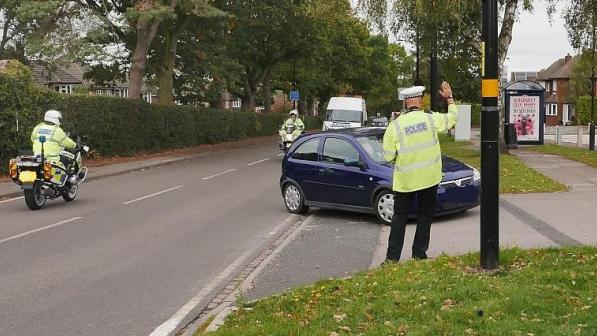20mph: lower speeds, better streets

About the campaign
Cycling UK strongly backs lower speed limits.
Many road users, especially people on foot or riding their cycles, find being close to fast-moving motor traffic extremely intimidating and off-putting.
- According to road casualty statistics (GB), speeding, or travelling too fast for the conditions, contributed to about a quarter of fatal crashes from 2015-19.
- About two-fifths of the people surveyed for us by YouGov in 2018 agreed that drivers who exceed the speed limit put them off cycling in the UK for any purpose.
This is why Cycling UK wants to see 20mph as the default speed limit for most streets in built-up areas; for example, where people shop, live and work.
This would help normalise the idea of driving at low speed where others are likely to be travelling actively – or would like to travel actively. It would also mean that people who travel too fast in areas like this could be prosecuted for speeding.
This is not a ‘blanket’ 20mph limit approach, because certain roads (arterial roads, for example) could be exempted if there is a sound, carefully considered case for doing so, and the local community supports it.
Speed limits of 30mph (or higher) would then be the exception that requires signage, not the other way round. An added benefit, therefore, would be the removal of much unsightly and intrusive speed limit signage clutter from residential streets – it would only be needed for exempted main roads.
To make sure 20mph limits work, we recommend:
- Making 20mph streets look and feel like 20mph streets, with the local community involved in their design to maximise the engagement of people who live in the area.
- Active enforcement by the police, supported by zonal cameras, Intelligent Speed Adaptation (ISA) and driver education.
- Whenever there’s an opportunity, we make these points to decision-makers, and commend Welsh Government’s decision (12 July 2022) to introduce 20mph on residential roads and busy pedestrian streets, leaving local authorities to talk to communities about which roads should remain at 30mph. This kind of shift needs to happen throughout the UK.
Not-for-profit organisation 20’s Plenty for Us comprises more than 600 local groups campaigning a speed limit of 20mph on residential streets and in town and village centres. It has much more information about the campaign for 20mph speed limits.
Cycling UK wants to see 20mph as the default speed limit for most streets in built-up areas; for example, where people shop, live and work



